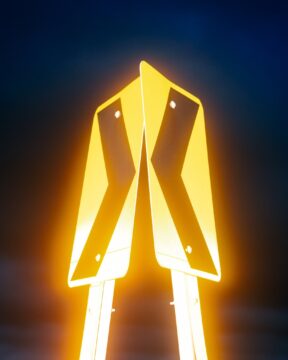Adam Grant in the New York Times:
 In a landmark study, the psychologist Philip Tetlock evaluated several decades of predictions about political and economic events. He found that “the average expert was roughly as accurate as a dart-throwing chimpanzee.” Although skilled forecasters were much better, they couldn’t see around corners. No one could foresee that a driver’s wrong turn would put Archduke Franz Ferdinand in an assassin’s path, precipitating World War I.
In a landmark study, the psychologist Philip Tetlock evaluated several decades of predictions about political and economic events. He found that “the average expert was roughly as accurate as a dart-throwing chimpanzee.” Although skilled forecasters were much better, they couldn’t see around corners. No one could foresee that a driver’s wrong turn would put Archduke Franz Ferdinand in an assassin’s path, precipitating World War I.
Yet a hunch about the future can feel like a certainty because the present is so overwhelmingly, well, present. It’s staring us in the face. Especially in times of great anxiety, it can be all too tempting — and all too dangerous — to convince ourselves the future is just as visible.
In 1919, when the Treaty of Versailles ended World War I, the Allied powers celebrated. The world was finally returning to peace. They had no idea that the national humiliation of that treaty would sow the seeds of another world war. Just as a tragedy can leave us oblivious to the possibility of silver linings, a triumph can blind us to the prospect of terrible reverberations.
More here.
Enjoying the content on 3QD? Help keep us going by donating now.
